Kwil Blog
What effect has the Covid-19 outbreak had on Will-Writing?
In light of the Coronavirus pandemic, and its drastic effects on social mobility and health in the United Kingdom over the past weeks, many people have rightly thought about making their wills. But as many solicitors’ offices and will-writing services have shut at this time to prevent the spread of the infection, there have been many questions surrounding how this important task can still be completed.
30th March 2020

Can I arrange the Probate Process before I die?
Probate refers to the process by which your estate is divided up and distributed to your beneficiaries following your death. Probate can be a stressful process and a heavy burden to place on a loved one.
14th July 2022
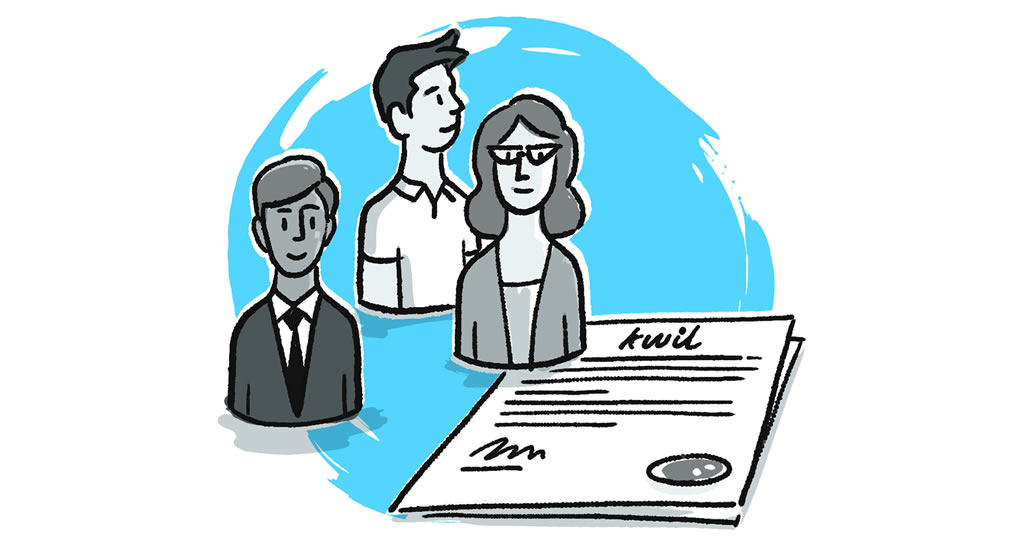
Can I step down as Personal Representative following a loved one’s death?
It is possible for a Personal Representative to step down from their duties following the death of a loved one. However, there are some limitations to this, which will be explained below.
14th July 2022

How do digital accounts factor into Probate?
These days, most of us use the Internet for at least one key part of our life; be that banking, shopping, socialising, or paying bills. Further, many people store their memories online in the form of digital photos on their iCloud or Google accounts.
14th July 2022

How to access a loved one’s bank account after their death.
To access a bank account after the owner dies, you may need to acquire a Grant of Probate or a Grant of Letters of Administration. However, this depends on the size of their estate.
14th July 2022

How to choose an executor for your Will.
Naming an executor is an important part of the process of writing your Will. This person will take on a great responsibility following your death, so it is important that you pick someone who you trust and who can handle this duty.
14th July 2022

How to include personal possessions in your Will.
Many people draw up a Will to ensure that their ‘big’ possessions - such as their house or car - are passed on to the right person following their death.
14th July 2022
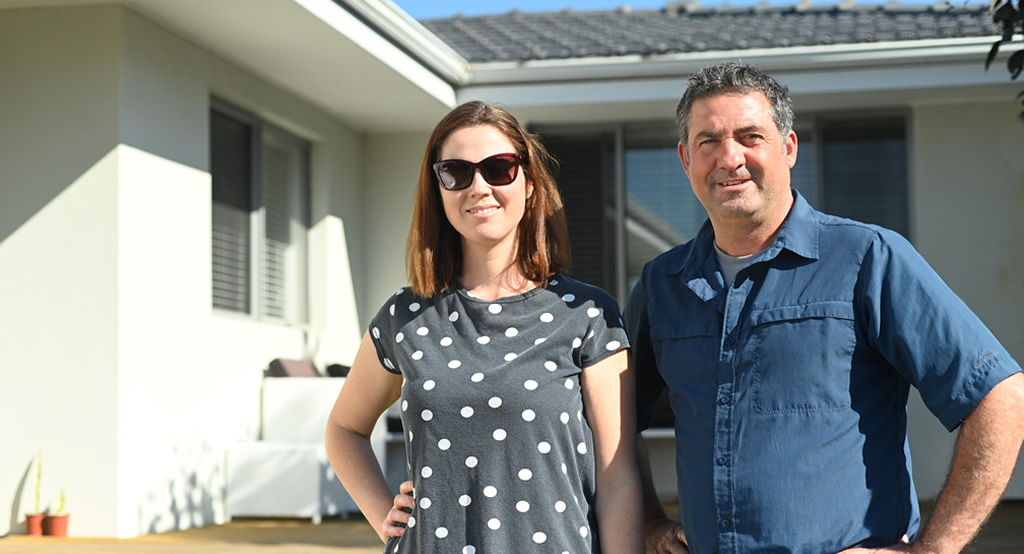
How to secure someone’s property after they die.
After someone dies, the executor of their estate is responsible for securing any property contained within the estate.
14th July 2022

Inheritance Tax Explained.
Inheritance Tax will sometimes need to be paid from someone’s estate following their death.
14th July 2022

Is it possible to inherit someone’s debts after they die?
Debts are not inherited unless they are held jointly with another person. If your loved one held a debt in their sole name, you will not be expected to pay this off with your own money following their death.
14th July 2022

What happens if a loved one dies abroad?
If a relative of yours has died while abroad, there are several steps you need to take in registering the death and organising the funeral. These are relatively straightforward and we will walk you through them below.
14th July 2022

What happens if someone dies while selling a property?
When someone dies whilst selling a property, there are a number of different things that may need to happen depending on how far through the selling process they are and whether they owned the property solely or with another person.
14th July 2022
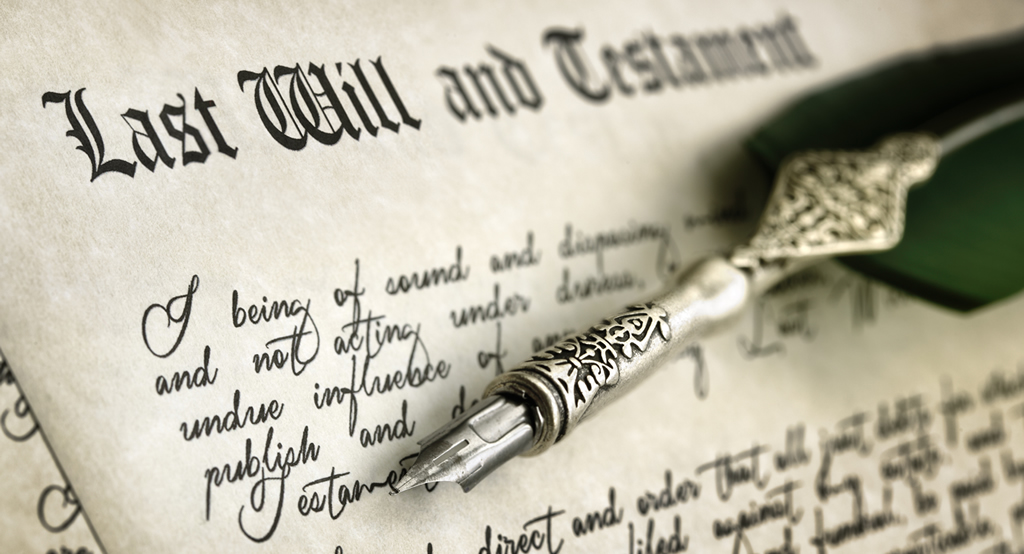
What if my loved one died just after making a new Will?
If someone dies very soon after changing their Will or making a new Will, questions may arise over its legitimacy, which can be very stressful at an already difficult time.
14th July 2022

What to do following the death of a loved one.
The death of a loved one will be a very difficult time, made more stressful by the responsibilities that you might have to undertake to get the probate process started.
14th July 2022

Executorship Services
When someone writes a Will, they are encouraged to name an Executor. The Executor will be responsible for administering their estate and carrying out the wishes outlined in the Will following their death.
26th May 2022

What happens to my pension when I die?
Pensions can be a bit of a minefield and are notoriously difficult to understand and deal with. What is important to know is that if you die it may be possible for your beneficiaries to access your pensions.
24th November 2021

Who is entitled to read someone’s Will after they die?
When someone dies, their Will is not publicly available to read unless a grant of probate has been issued by the probate registry to the executor who is responsible for administering their estate.
20th September 2021

How long does it take for beneficiaries to be notified after a death?
When someone passes away leaving a valid Will, the Will does not become a public document until after a grant of probate has been acquired. Therefore, the beneficiaries are unable to read the Will to determine what they are owed from the estate.
20th September 2021

Is probate required for joint assets?
If you owned joint assets – such as property or a bank account – with a close friend or relative who has passed away, you might be wondering how to transfer those assets into your sole ownership and whether you need a grant of probate to do so. This article will explain everything you need to know about joint assets and probate.
20th September 2021

Is probate required for small estates?
Probate refers to the process of administering someone’s estate following their death. This might include closing bank accounts, collecting funds, distributing assets to beneficiaries, and paying off any debts still owed by the deceased.
20th September 2021

Is probate required if there is a Will?
The necessity for probate depends on the size of the deceased’s estate, not the presence of a Will. This means that probate might be required for an estate whether there is a Will or not.
20th September 2021

Do I need to apply for probate?
Probate is only required after around half of all deaths in the UK, so the first thing you should do after registering the death is figure out whether you need to apply or not.
22nd February 2021

Does every executor named on a will need to apply for probate?
Executors are responsible for administering someone’s estate after they die. There is no limit to how many executors you can appoint when you write a will and people are often encouraged to appoint more than one in case one of the named executors is unable or unwilling to undertake the responsibility.
20th February 2021

How to value an estate for probate or intestacy
When someone dies leaving a valid will, it is up to the named executor to divide up their estate in accordance with their wishes through the probate process. If someone dies without leaving a will, their estate must be divided and distributed according to the rules of intestacy. A crucial part of both processes is valuing the estate. This article will explain how to value an estate and why it is so important to be accurate in your valuation.
20th February 2021

What happens if one of the beneficiaries of a will cannot be found?
If you are unable to find one of the beneficiaries while you are handling probate and they are not paid their share of the estate, you could be held financially liable should they ever come forward to claim their funds at a later date. Therefore, it is important that you take precautions to protect yourself.
19th February 2021

What happens to utility bills when someone dies?
Handling someone’s affairs after they die can be a drawn-out and tiring process. You will need to register the death as soon as possible, arrange the funeral, inform the relevant financial organisations, and figure out whether you need to apply for probate, which is a time-consuming task in and of itself. On top of these responsibilities, you may also need to turn your attention to utility bills, such as gas, water, and electricity.
18th February 2021

What happens if the executor dies before handling probate?
When someone writes a will, they are encouraged to name an executor to take on the responsibility of handling their estate after they die. When an executor dies before they can fulfil this role, the responsibility will be handed on to someone else.
15th February 2021

What’s the difference between a grant of probate and a grant of letters of administration?
The collective term for a grant of probate and a grant of letters of administration is a grant of representation.
15th February 2021

Does the executor of a will get paid for handling probate?
If you are the executor of a will, you might find yourself putting a lot of time and energy into handling the probate process. Unfortunately, there is no guarantee that you will receive any payment for your efforts.
12th February 2021

Does the executor of a will need to visit the probate registry?
The probate process is mostly undertaken online nowadays, but there are some circumstances under which you might need to visit the probate registry in person.
12th February 2021
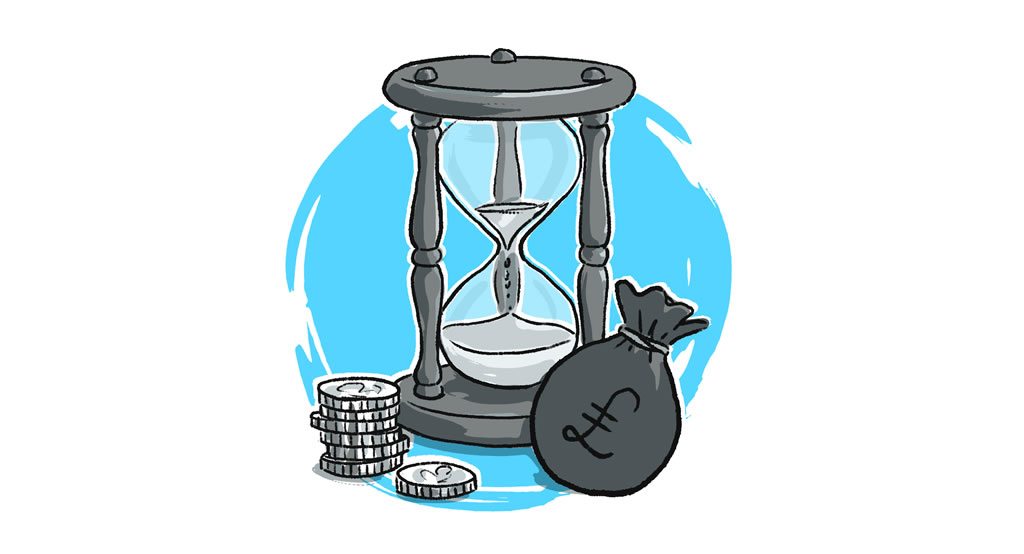
How long does it take for banks to release money after someone dies?
The amount of time it takes for a bank to release someone’s funds after their death will vary depending on whether probate is required, but generally banks will release the money within 10-15 working days of receiving the correct documentation.
11th February 2021

How much does a grant of probate cost?
A standard probate application costs £215 plus £1.50 for each copy of the grant of probate.
10th February 2021

Caroline Flack and what happens if you don't make a will.
Following on from the tragic death of Caroline Flack now comes the news that she died without making a will.
2nd December 2020
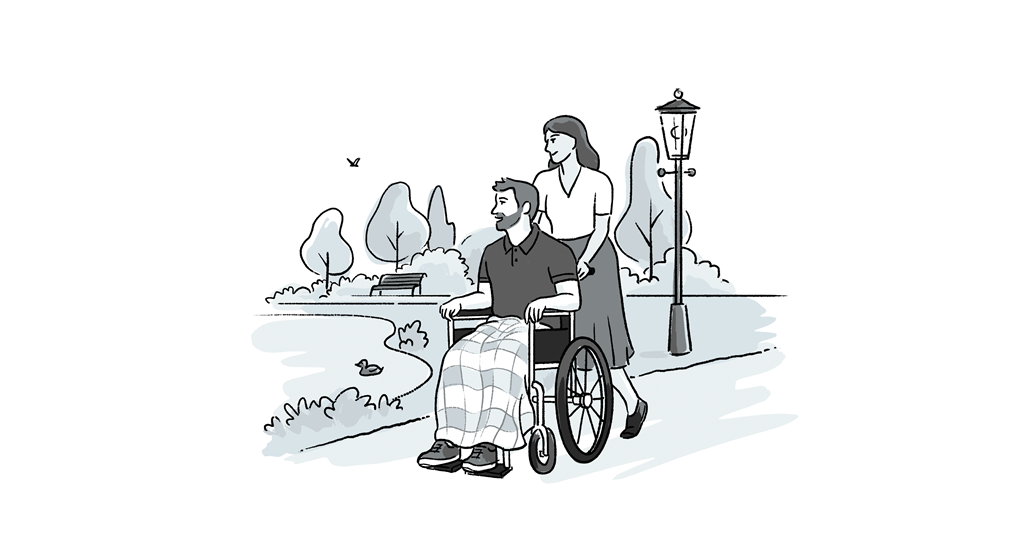
Kate Garraway and lasting powers of attorney
The recent plight of TV host Kate Garraway and her family highlight that not only are Lasting Powers of Attorney crucial to have in place but that they are also not just for the elderly.
19th November 2020

Who would you NOT want to make your decisions for you?
When you make a Will you can decide not to include people who you don’t want to benefit from your estate. You can even go as far as to explicitly exclude them and direct your executors to resist any claim that they may make on your estate.
19th November 2020

The most common misunderstandings about Lasting Powers of Attorney
Many people can find the concept of LPA’s confusing and it is easy to see why. They are important but complex documents. Here we will list the most common misconceptions that we come across when advising our customers on LPA’s
19th November 2020

Unclaimed assets – don’t let it be you.
The five main high street banks have declared that £137 million of unclaimed money laid dormant in 2019 (this is monies that have laid dormant for 15 years plus). This figure is growing every year and is mainly due to the number of unclaimed accounts and pensions that are left unadministered, or are simply forgotten about.
19th November 2020

Do you know what happens to your digital assets on your death?
When making a will, most people will consider which assets they wish to leave to their respective beneficiaries. Money, jewellery and cars are just some of the many items that people will specifically refer to in a will. But what about digital assets?
2nd NOVEMBER 2020

Deathbed gifts – what are they and are they valid?
Detailing what gifts you want to make when you pass away is usually dealt with by making a will where you can set out all of your wishes. According to the Wills Act 1837, this must be in writing and signed by the testator in the presence of two or more independent witnesses who are present at the same time.
30th October 2020

Jointly owned property and lasting powers of Attorney
It is fairly common for a couple making Lasting Powers of Attorney to appoint each other as their sole attorneys. It makes sense to let your spouse/partner make decisions on your behalf without someone else having to be involved.
28th October 2020

Do I need a Solicitor?
Death is a difficult subject, both emotionally and legally. It can conjure up images of complicated discussions with those who are, professionally, best able to prepare for it. For some, this means contacting the family solicitor. For others, it perhaps means finding one in the first place. But are lawyers essential at all at this stressful stage in our lives?
30th March 2020

DIY Wills
According to the law, anyone can make a will. Theoretically, all one needs is a piece of a paper and a pen. Is it advisable? No, but there are lots of do-it-yourself kits available as templates for this purpose.
30th March 2020

Why is writing a Will so important?
It may come as some surprise to hear that only about half of Britons have written their will. Perhaps many have put off preparing for the end as it’s too grim a subject, or simply because it sounds too daunting. But it is an immensely helpful thing to have, and not at all too much trouble to do. Thanks to Kwil, you can access, amend and affirm your will from anywhere.
28th March 2020

Different types of Will
There are multiple types of will available, each with their own special benefits. They range from Single Wills, Couples Wills, Mirror Wills, to more complex ones.
25th March 2020
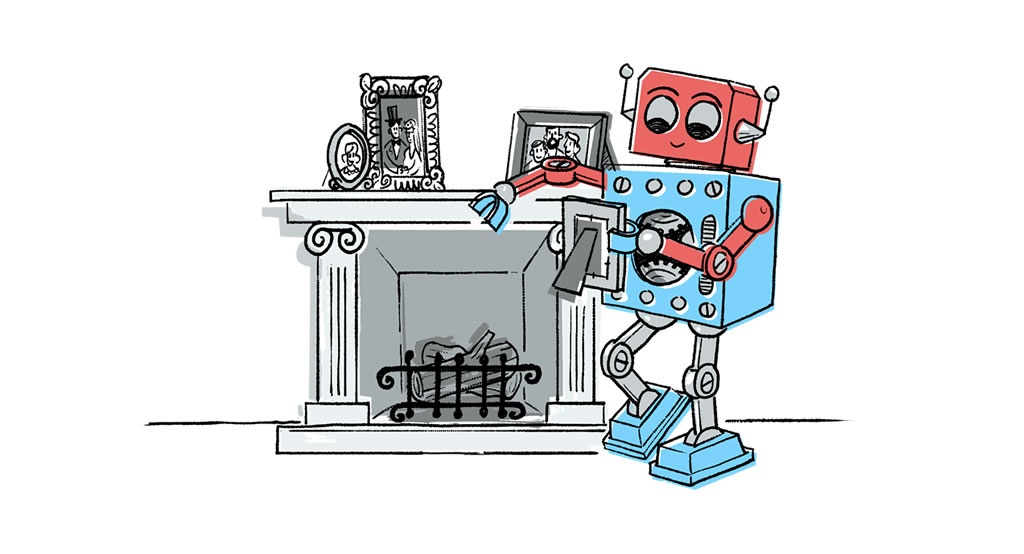
Who Should appear in my Will
Along with a list of your assets, a will must include those individuals or institutions to whom you are leaving your estate. It should also contain the names of certain people who can validate the document, as well as carry out its orders.
22nd March 2020

Gifts and Funeral Wishes in your will
Other than allocating our estate, many of us will have more sentimental instructions that we will want carried out, like the giving of gifts and any other funeral wishes.
18th March 2020

Inheritance Tax - How a Will can Help
We all know the saying that ‘nothing is certain in this world, except death and taxes’. But not many of us realise that tax can have a drastic effect on those we leave behind. With inheritance tax potentially taking a great deal of our estate away from our loved ones, writing a will can help avoid it being applied and ensure our loved ones get as much of our estate as possible.
13th March 2020
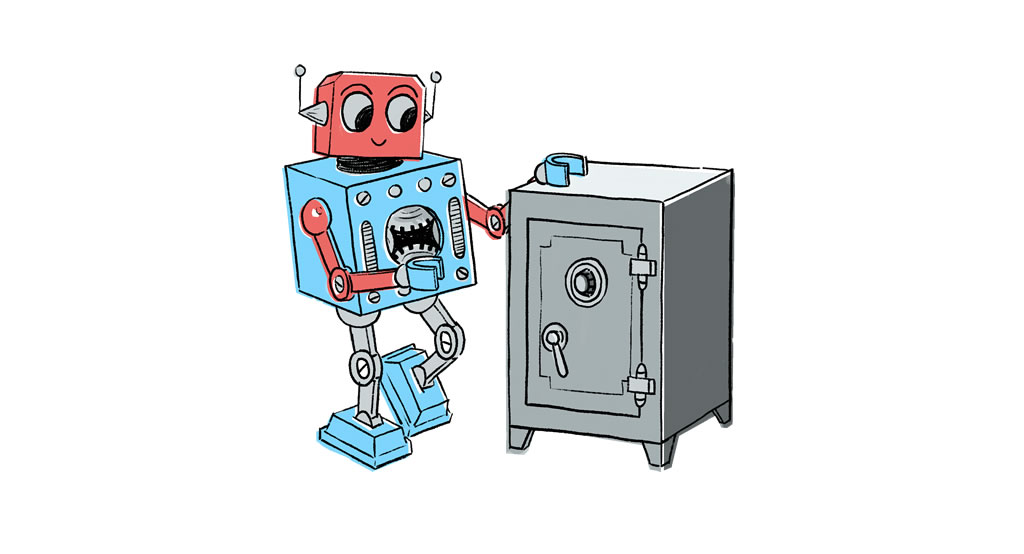
Storing and Editing your Will
As highly important documents, a will must be kept in a secure location. Most will-writing services instruct their customers to put them in storage, but there are better ways of ensuring your documents are kept safe. Thankfully, Kwil can provide you with the best security available, as well as the chance to amend your will from wherever you are.
10th March 2020

What happens to my house if I die?
As probably your most valuable financial asset, it is important to know exactly what will happen to your home once you’re gone. Writing a will makes certain that you have your say on this important issue.

